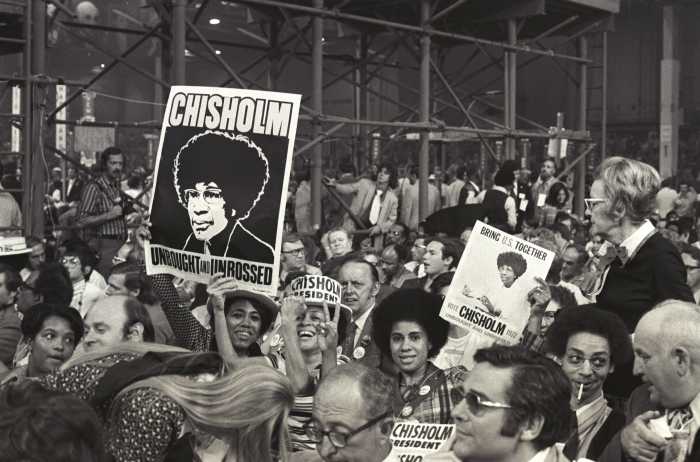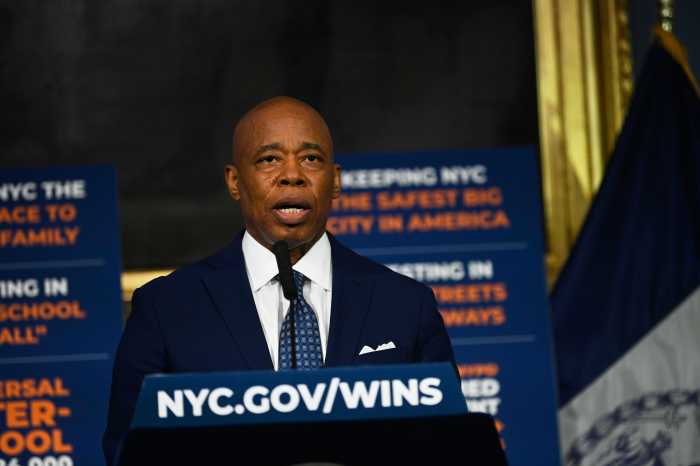Abuse of power at Southbridge Towers
On April 3, at the Southbridge Towers Board of Directors’ “open monthly board meeting,” held in the S.B.T. community room, the S.B.T. Board passed a resolution refusing the use of the community room to the pro Mitchell-Lama group for discussion of any informational material pertaining to the privatization process underway. The resolution was solely based on the fact that five members of the S.B.T. Board are running for re-election through May 2. The board members are working under a “gag” order, which bars them from discussing their own opinions about the process.
However, the community room is open for rental and use by any S.B.T. residents when the room is not in use. To begin with an informational meeting doesn’t necessarily require rebuttal. In addition, there are certainly other residents who could come forward to provide feedback to any assertions made by the pro Mitchell-Lama group.
Apparently, the board believes that they are the only residents capable or interested in addressing the pro-privatization issue. This is a violation of freedom of speech and of procedures previously in force at S.B.T. It is clearly self-serving and an attempt to prevent shareholders from receiving information to make informed decisions concerning the election and the privatization process that is underway.
Paul Hovitz
Hovitz is the former member of S.B.T.’s Board of Directors and a resident of S.B.T. since 1984.
Indians will be fine, dam it
To The Editor:
Re. “Tribeca Film Festival: ‘Xingu’ ” (Downtown Express arts section, April 11):
To correct you in your last paragraph, The Villas Boas saga has become part of the Brazilian government policy regarding the country’s indigenous peoples. For this reason, the Belo Monte Hydropower Dam will not affect the 122 Indians living along the 62-mile stretch we call “The Xingu Big Bend.” This part of the river will not dry and fish and river transportation will be preserved.
By the way, as opposed to other countries in the Americas, Indian extermination was never a government policy in Brazil, as you have probably concluded after watching the movie “Xingu.”
Joao Pimentel





































